We've all been doing it, like it's a companion virus we're passing around: reaching out to everyone we've ever lost touch with. Checking in. I finally answered those stalled email threads to my high school friends Marybeth and Carolyn, letting go of the urge to be perfect and interesting and responsive to their last messages so I could just send something saying, "I'm all right, are you all right? Is everyone you love all right?" A friend from the high school before that, Lisa who was, if I'm remembering correctly, a minister's daughter, sent me a message on LinkedIn. Tariq, my friend from Saudi, send me the first message I've had from him for years. I'm all right. Are you all right? Is everyone you love all right?
I even, although you may not appreciate how unlikely it was, called Dad for the first time in at least ten years. You and I never really talked about him. After all, he hasn't been anything to you since the early '70s and (now that you're dead, we might as well be honest) you were never very interested in talking about things that didn't have something to do with you. It was hard, although he and Carole seemed genuinely happy to hear from me and I'm glad I called. I'm sure you were never aware of this, but I finally had to give up on him in order to keep my heart from breaking over and over. It feels as if I've been knocking on a closed door almost all of my life. Sometimes he answers. One magical year, when it was just him and Travis and me in the house in Canvas, he made us fried bologna sandwiches, let us stay up late to watch Kojak (sitting on the stairs, so we could all pretend he didn't know), and most wonderfully read us The Hobbit in front of the fireplace one winter, doing all of the voices. (Smaug!) If I didn't have that Dad in my memory, maybe it wouldn't hurt so much, when sometimes he slips messages under the closed door and I think, finally! Let's talk. About anything! But after I slip my response through, sometimes I get another message, but most often not. I quit knocking.
But this virus, Mom, it's going to kill a lot of us. Right now, the CDC says if we do everything we can to slow it down we're still going to lose 200,000 people in the U.S. alone. I can't really even imagine how many people that is. Everyone in South Myrtle Beach plus Hilton Head plus Colombia; or more than a third of everyone in Seattle. That means that we're all going to know someone who dies from this. Dad's going to be 80 this year (and you'd be 78 in September), and I couldn't stand to lose him without telling him I love him.
This is what you taught me about death, Mom, about dying, and watching someone you love get dragged down that dirty slope into the dark. I learned that dying consumes everything that isn't about the person it's happening to. My old angers and hurts were nothing in the face of your dying; I learned to let them go. I learned to empty myself of all the things that didn't help you, and to shoulder the yoke of becoming who you needed me to be. When you first got sick, every time I went into a store I combed through the greeting cards looking for the ones that would make you happy, the ones that said how much you're loved, how strong you are, the difference you've made in my life. Honestly (honesty, again, between you and me), many of them were aspirational: they represented our relationship as an ideal, not as it actually was. I wrote you one of those cards every week. I still had some, after you died. I couldn't throw them away, could never use them for anything else. They're in the storage closet, with the very last box of things you sent me that I never really wanted; when I finally sort through that box of paperwork and throw most of it away---why do I need the vet receipts for your dog, Mom?---it will be the last unwelcome chore you ever set me, and another part of you will slip away for good.
I called you every week, and found little things to send you: hats and scarves during chemo, maid service after surgery, cookies and fruit when you lost your appetite, and flowing plants when you could no longer eat. I always loved you, although I know that we, neither of us, got the mother or the daughter we thought we needed. This is what your dying taught me: to see what matters, and to do what brings the most comfort, and to let the rest go. So now we reach out to one another, leaping over all the aspirations of perfection, the difficult histories, the years of silence. We say to each other the things that will bring the most comfort: I'm all right. Are you all right? Is everyone you love all right?

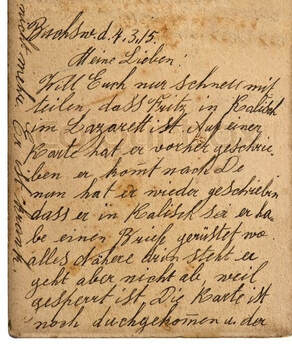
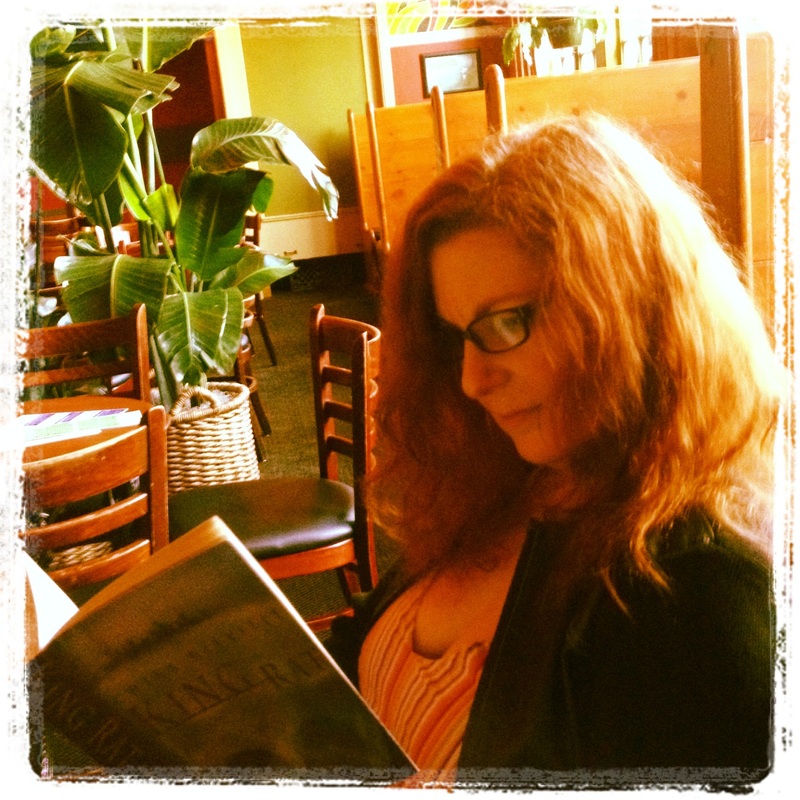
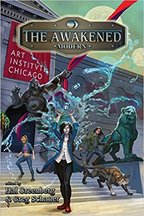


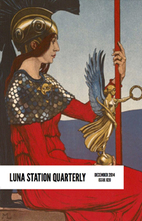
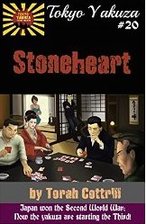

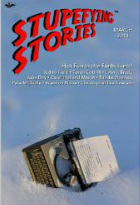
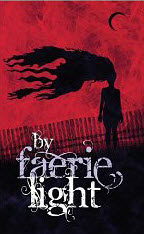


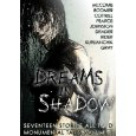

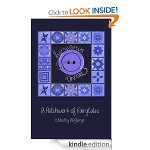
 RSS Feed
RSS Feed
